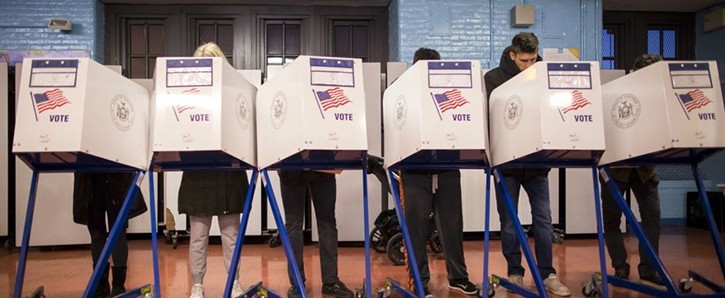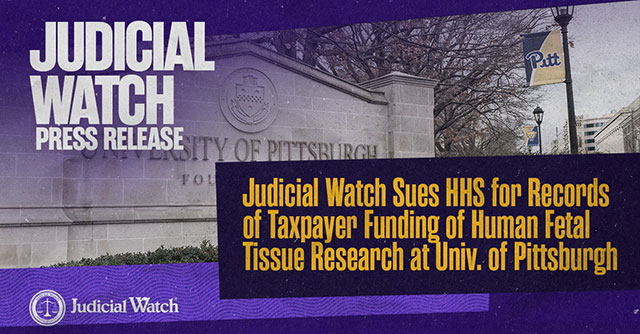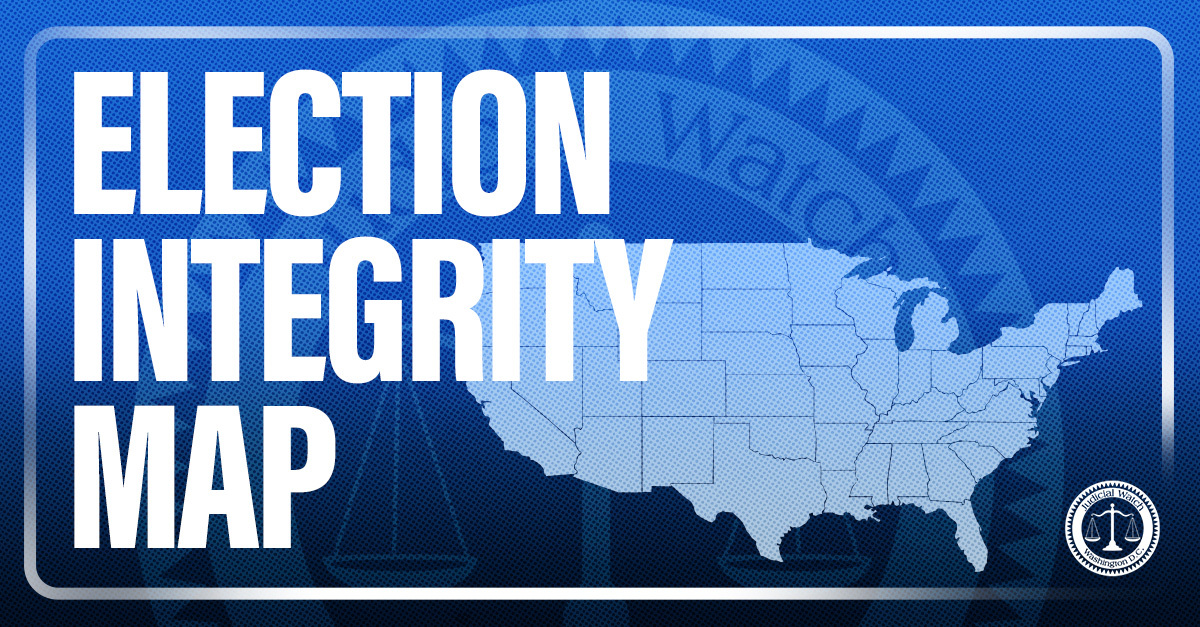
Fed Appeals Court: Immigrant Who Voted Illegally Can be Deported

Weeks after the House Minority leader blasted President Donald Trump for pledging to investigate voter fraud, a federal appellate court has ruled that a Peruvian immigrant can be deported from the U.S. for illegally voting in a federal election. The decision comes on the heels of a spat between Congresswoman Nancy Pelosi and the president. The California Democrat accused Trump of making false claims of election fraud and said that undermining the integrity of our voting system is “really strange.” Most Democrats in Congress agree with the former House Speaker and strongly oppose an investigation, asserting it will limit access to voting.
Not surprisingly, the overwhelming majority of the mainstream media coverage promotes the Democrats’ inaccurate version of the facts. One news network referred to Trump’s voter fraud claims as “baseless” and simply an excuse to enact restrictive voting laws. Another wrote that “Trump’s ‘iIlegals voting’ comments are false and divisive,” calling voter fraud by undocumented immigrants “patently false.” In an editorial titled “The Latest Voter Fraud Lie,” a mainstream newspaper writes that the “baseless claims continue to get converted into policy in the form of stricter voting laws like requiring prospective voters to show a photo ID…” A multitude of similar media reports have flooded the news wires in the week’s following Trump’s meeting with congressional leaders to address the issue.
This week’s appellate court ruling provides a jolt of reality that the media has chosen to ignore. Election fraud was a significant concern in 2008 and 2010, which is why Judicial Watch launched an election integrity project in 2012. The project is a legal campaign to force cleanup of voter registration rolls as well as monitor elections. As an example of the pervasive fraud, Judicial Watch uncovered that 1,046 aliens, or residents who are not U.S. citizens, were on the voter rolls in eight Virginia counites leading up to the 2016 presidential election. If that rate of non-citizen registration held in the rest of Virginia’s counties, that would mean that about 6,500 non-citizens are registered to vote in the state. Additionally, Judicial Watch’s investigation found that 57,923 Virginians were registered to vote in at least one other state as well as 19 deceased individuals. Similar issues have been uncovered in several other states as part of Judicial Watch’s ongoing probe into election fraud.
The Latin American woman in the recent court ruling who voted illegally is hardly an isolated case. Her name is Margarita Del Pilar Fitzpatrick and she lied about being an American citizen on an Illinois Department of Motor Vehicle form. It was that easy. Fitzpatrick, a legal U.S. resident with three kids, voted in two federal elections in 2006 and claims that she had official approval to cast a ballot after presenting her Peruvian passport and green card. An immigration judge and the Board of Immigration Appeals, the government’s highest administrative body for interpreting and applying immigration laws, determined that Fitzpatrick should be deported because non-U.S. citizens cannot vote in federal elections and can be removed from the country for doing so.
The Peruvian woman did not back down, appealing the decisions in federal court. The Seventh Circuit Court of Appeals agreed with the two previous rulings in favor of deportation, though it acknowledged that Fitzpatrick “led a productive and otherwise-unblemished life in this country.” In its decision, the court states that the motor vehicle form sternly warns aliens not to check the U.S. citizen box and that Fitzpatrick is “literate in English and has no excuse for making that misrepresentation.” Aliens are forbidden to vote in federal elections, the ruling says, adding that “another statute provides for the removal of aliens who vote in violation of either state or federal law.” During oral argument, the appellate judges inquired whether Fitzpatrick is the kind of person the Attorney General and Department of Homeland Security want removed from the United States. “The answer was yes,” the ruling states.

















